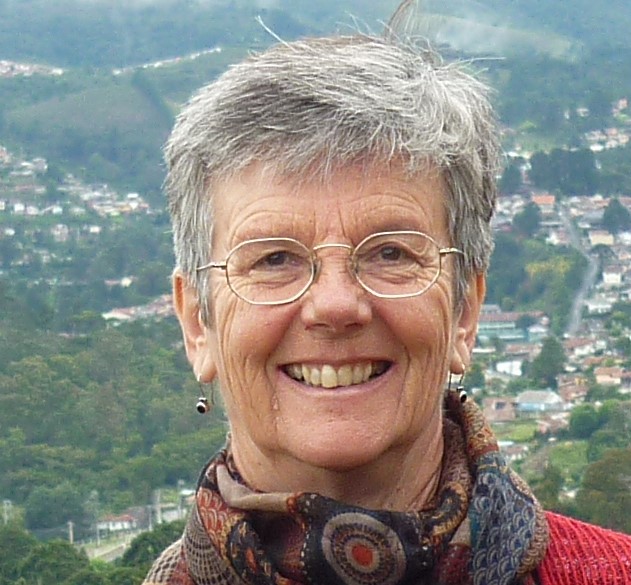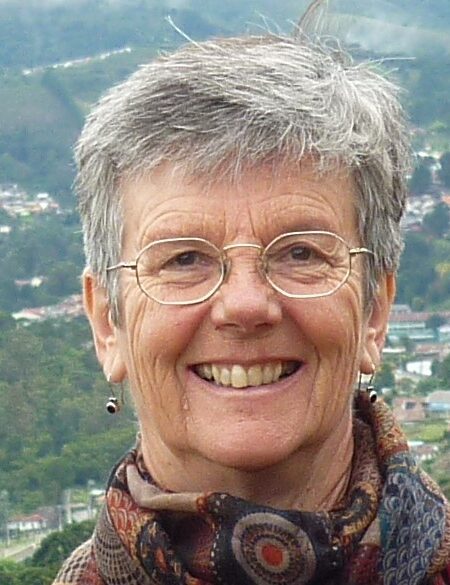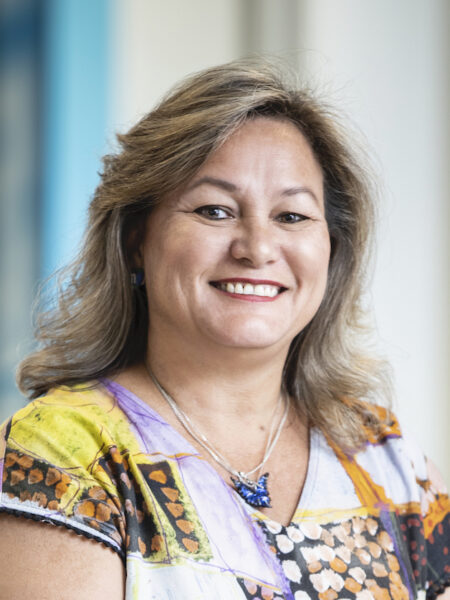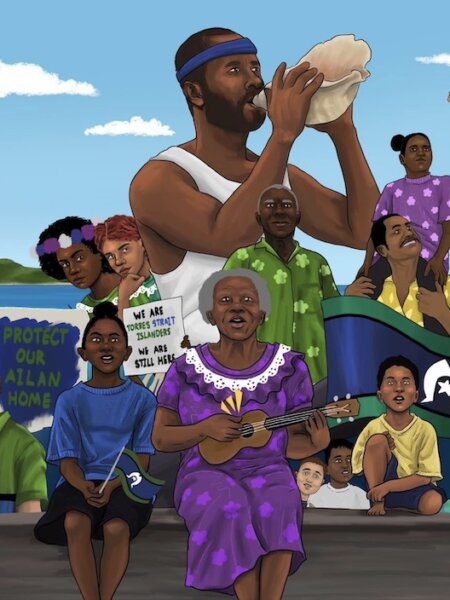This is why the current and former Prime Ministers’ failure to support a Voice to Parliament is so incomprehensible.
How can governments partner with First Nations peoples if these peoples do not have properly-resourced representative mechanisms through which to engage with governments in a serious and ongoing way? Frankly, if we are to close gaps, the very first gap that needs to be closed is the gap in suitable mechanisms for governments to talk seriously and as equal partners about the way ahead with Aboriginal and Torres Strait Islander peoples.
The Congress of Australia’s First Peoples has tried valiantly to fill that gap in the absence of anything else in the last 15 years, but recent governments have failed to support them, making their task near impossible. So it’s time to return to call for a Voice at national level and the ways in which it may connect up the many First Nations communities across this vast land to give them a significant say in the policies and programs intended to improve their circumstances. The Joint Select Committee on Constitutional Recognition raised many questions about how the national voice would work with local and regional First Nations people last year and its final report has recommended undertaking a co-design process.
But what will it take to genuinely work in partnership with First Nations peoples?
Partnership is about working together over the long term to accomplish agreed goals and accept joint responsibility for achieving them; it requires trust, respect, integrity, accountability and equality.
Nice words, but very hard to achieve, and governments rarely have enough people with the right skillsets, experience and resources to achieve it. The ‘soft skills’ of communication, relationship-building, listening and genuine collaboration are routinely undervalued, and the necessary time to do this well is rarely available in today’s rapid policy cycle. Research on partnership working indicates it must begin with jointly defining the issue to be addressed, then shaping the policy frameworks and the program designs. It mustn’t be a quick, routine informational ‘consultation’ after the important parameters have been decided.
At the Commonwealth level, with the important exception of the Health Department, mechanisms for Aboriginal and Torres Strait Islander input to national policy frameworks are almost entirely absent. But even in Health, the 2018 Close the Gap review indicated that the 25 year strategy had been virtually abandoned after five years. Whilst the Commonwealth might point to ‘Empowered Communities’ as suitable mechanisms, these eight place-based initiatives are showing chequered progress, and in any case have to largely operate within existing policy and program frameworks.
Other jurisdictions have diverse approaches to First Nations partnerships. Victoria has established a Treaty Commission with a view to negotiating Treaties with the various First Nations within its jurisdiction; South Australia instituted Aboriginal Regional Authorities and started investigating a Treaty, a policy quickly reversed when the Liberal government came to power in 2018. New South Wales has seven Local Decision-Making Groups, with incomplete coverage of the State, and is making agreements with them around priority services. The Northern Territory has also flagged Treaties and Local Decision making but it’s early days there. Only in a few cases have First Nations people sat at the table with Ministers to shape jurisdictional priorities. Whilst there is merit in many of these initiatives, at this point they do not amount to an adequate governance infrastructure for all First Nations people to work in partnership with governments at all levels.
The Commonwealth in particular likes to hand–pick its Aboriginal and Torres Strait Island advisors – and that may be necessary on occasions where specific technical expertise is required – but it must not substitute for giving First Nations people a voice through the selection of their own representatives at national, state or regional and local levels and working in genuine partnership with them.
Trust and respect lie at the heart of partnership and both are in short supply at present. The Commonwealth government in particular has to work much harder at building that trust by demonstrating the respect for First Nations people that Prime Minister Scott Morrison claimed we paid in his Australia Day contribution to various national newspapers. In 2019 he (and depending on election outcomes, his successor) has to walk the talk.
Taking seriously the urgency of developing suitable governance mechanisms for genuine partnership to occur, enabling First Nations to make decisions about their own priorities and futures, would be one way to show that respect.




